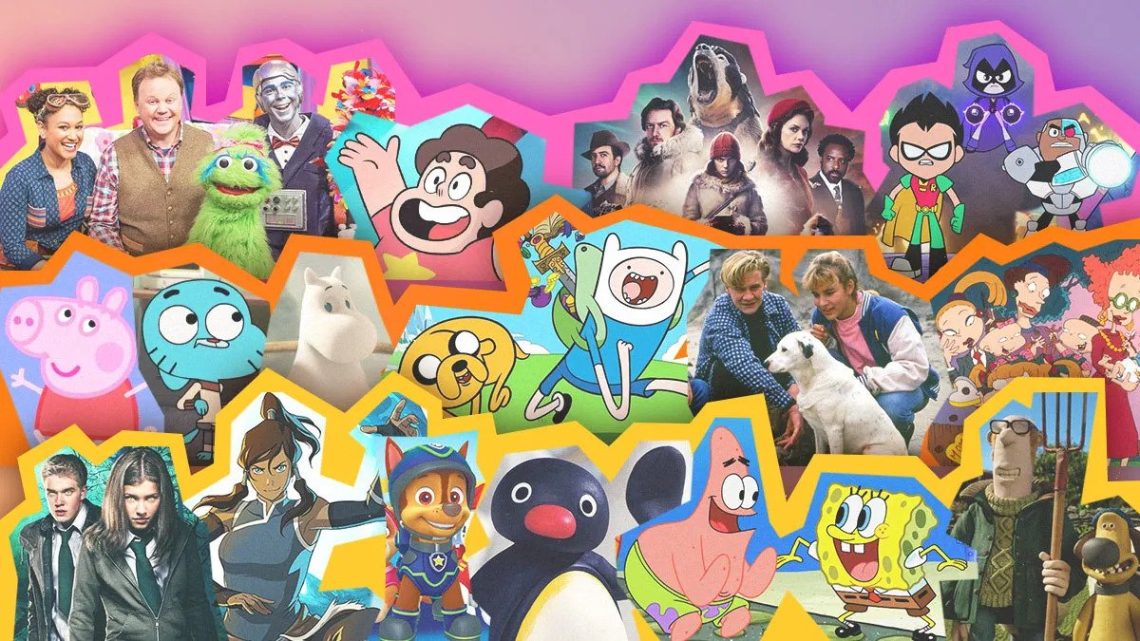In the realm of atlaspro, nostalgia holds a profound sway over audiences. It’s a potent force that beckons us to revisit cherished memories, relive moments of joy, and rekindle the magic of bygone eras. This longing for the past has paved the way for a trend that continues to captivate both creators and audiences alike: the resurgence of reboots and remakes in television shows.
The resurgence of familiar stories, characters, and worlds has become a prevailing strategy for studios and networks seeking to tap into the reservoirs of nostalgia. It’s a delicate dance between honoring the original essence of a show and infusing it with a contemporary flair that resonates with modern audiences. While some reboots have faced skepticism, others have triumphed by striking a balance between homage and innovation.
One of the most pivotal aspects of successful reboots is their ability to pay homage to the original material while breathing new life into the narrative. Take, for instance, the reimagining of “Battlestar Galactica.” The 2004 reboot not only paid homage to the 1978 series but also carved its own distinct path, earning critical acclaim for its compelling storytelling and character depth.
Similarly, the recent wave of nostalgia-driven reboots like “Fuller House,” a continuation of the beloved “Full House,” or “Gilmore Girls: A Year in the Life” evoked waves of sentimentality among dedicated fans. These shows capitalized on the emotional connection viewers had with the originals while incorporating contemporary themes and storytelling elements.
However, the pursuit of nostalgia isn’t without its challenges. Revisiting beloved franchises can be a double-edged sword. While it can evoke a sense of excitement and anticipation among fans, it also raises concerns about tampering with cherished memories. There’s a fine line between revitalizing a classic and altering its essence to the point of losing its original charm.
Moreover, not all reboots or remakes find favor with audiences. Some fall victim to the pitfalls of trying to replicate past success without adding substantial value. The lack of innovation or an authentic reimagining can lead to disappointment among fans who expected a fresh perspective rather than a rehashed version of what they once loved.
Yet, amidst the uncertainties, reboots and remakes persist as a testament to the enduring power of nostalgia. They serve as a bridge between generations, allowing older audiences to share their beloved stories with newer generations while presenting these narratives in a modern context.
Ultimately, the success of a reboot or remake lies in its ability to honor the source material while carving its own identity. When done right, these recreations can reignite the passion of longtime fans and introduce timeless stories to a new audience. They serve as a testament to the timeless allure of captivating narratives and the perpetual cycle of nostalgia that continues to shape our entertainment landscape.


